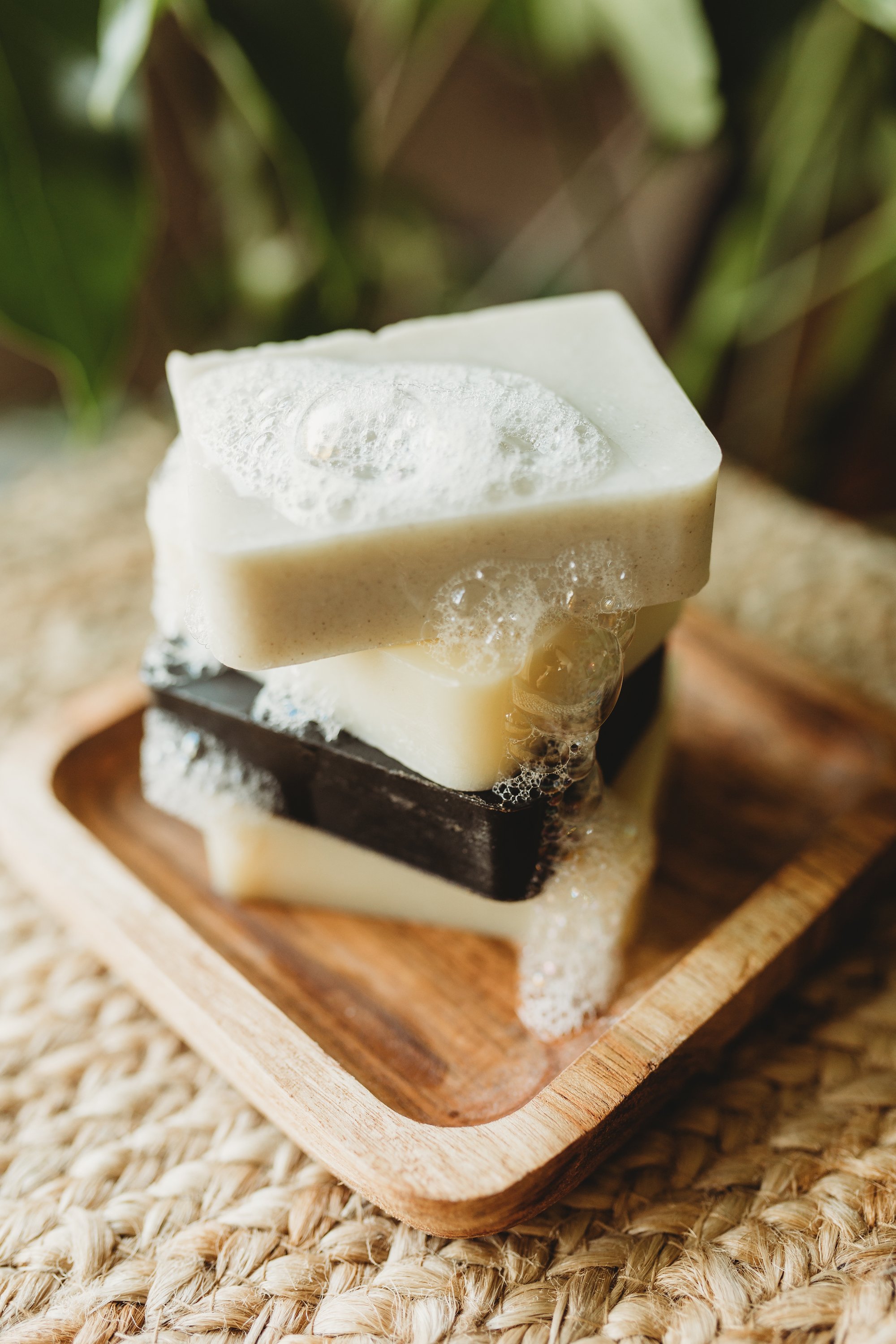Acne is a common skin condition that affects people of all ages and backgrounds. While there's a wealth of information available about acne and its causes, one particular aspect that we wanted to address is the relationship between acne and tallow. In this blog post, we'll address frequently asked questions (FAQs) about tallows relationship to acne, shedding light on this topic and helping you make informed decisions about your skincare routine.
What is Tallow?
Tallow is a rendered form of animal fat, typically derived from cattle. It has been used for centuries in various applications, including cooking, soap-making, and skincare. Tallow contains fatty acids and is known for its moisturizing properties, making it a potential ingredient in skincare products.
Can Tallow Cause Acne?
The relationship between tallow and acne is a complex one. Most individuals claim that tallow-based products have helped improve their acne-prone skin, while others have experienced breakouts. The likelihood of tallow causing acne may vary depending on an individual's skin type and sensitivity. Like most skincare products, testing it on your skin and monitoring your skin's initial reaction is essential.
Is Tallow Comedogenic?
Comedogenicity refers to the likelihood of a substance clogging pores and forming comedones (blackheads and whiteheads). Tallow has a comedogenic rating that ranges from 2 to 3 on a scale of 0 to 5, with 5 being highly comedogenic. This suggests that while tallow may have the potential to clog pores for some people, it might not be a major concern for most individuals.
Tallow's fat saturation closely resembles that of human fat, which helps the body absorb the vitamins and nutrients in tallow more easily. This makes tallow an effective tool for locking in moisture and nutrients without the typical pore-clogging tendencies associated with highly comedogenic substances.
Should Acne-Prone Individuals Avoid Tallow?
Individuals with acne-prone skin should exercise caution when trying new skincare products, including tallow. While some people may tolerate tallow well and even experience improvements in their skin, it may not be the same for everyone. As with most skincare, patch testing is recommended before incorporating tallow-based products into your routine.
How Should I Choose Skincare Products?
When choosing skincare products, especially if you have acne-prone skin, it's essential to read ingredient labels and look for non-comedogenic and oil-free options. Consider consulting a dermatologist who can provide personalized recommendations based on your skin type and concerns.
While tallow is a great natural alternative to the typical palm oil-based soaps, it is not for everyone, and patch testing can help determine if tallow soaps or any other products will work well for your skin. We encourage you to try tallow if you're interested. It can help with a myriad of skin conditions. Products like our Tea Tree, Rosemary Mint, Eucalyptus, Lemongrass Peppermint, and Lavender tallow soaps have essential oils that help boost tallow's acne-fighting capabilities and may help improve acne-prone skin.
What are the potential advantages of using tallow for specific skin types?
While tallow may not be a universal solution, it holds the potential to be highly advantageous for individuals with dry or mature skin. Tallow's moisturizing qualities can effectively lock in hydration and create a protective barrier, offering valuable assistance in preventing moisture loss.
How Should I Incorporate Tallow into My Skincare Routine?
If you're interested in trying tallow-based products, start with a patch test on a small area of your skin to check for any adverse reactions. If your skin tolerates it well, you can gradually introduce tallow-based products into your routine.
The relationship between tallow and acne varies from person to person. While some individuals may discover the benefits of tallow for their skin, others might not experience the same results and could even encounter breakouts or pore congestion. It's essential to embrace your skin's uniqueness and take proactive steps when exploring new skincare ingredients. If you're uncertain about incorporating tallow-based products into your routine, consider seeking guidance from a knowledgeable dermatologist. They can assist you in finding suitable alternatives and crafting a personalized skincare regimen that addresses your specific needs. Always keep in mind that achieving clear and healthy skin involves a holistic approach, including proper cleansing, hydration, and a well-balanced skincare routine tailored just for you.
If you want to check out some of our soaps and balms with acne-fighting properties, we recommend the following soaps and balms:
Tea Tree Tallow Soap
Rosemary Mint Tallow Soap
Eucalyptus Tallow Soap
Lavender Tallow Soap
Lemongrass Tallow Soap
Peppermint Tallow Soap
Lavender & Tea Tree Tallow Soap
Lavender Tallow Balm
Peppermint & Tea Tree Tallow Balm
Lavender and Tea Tree Tallow Balm


